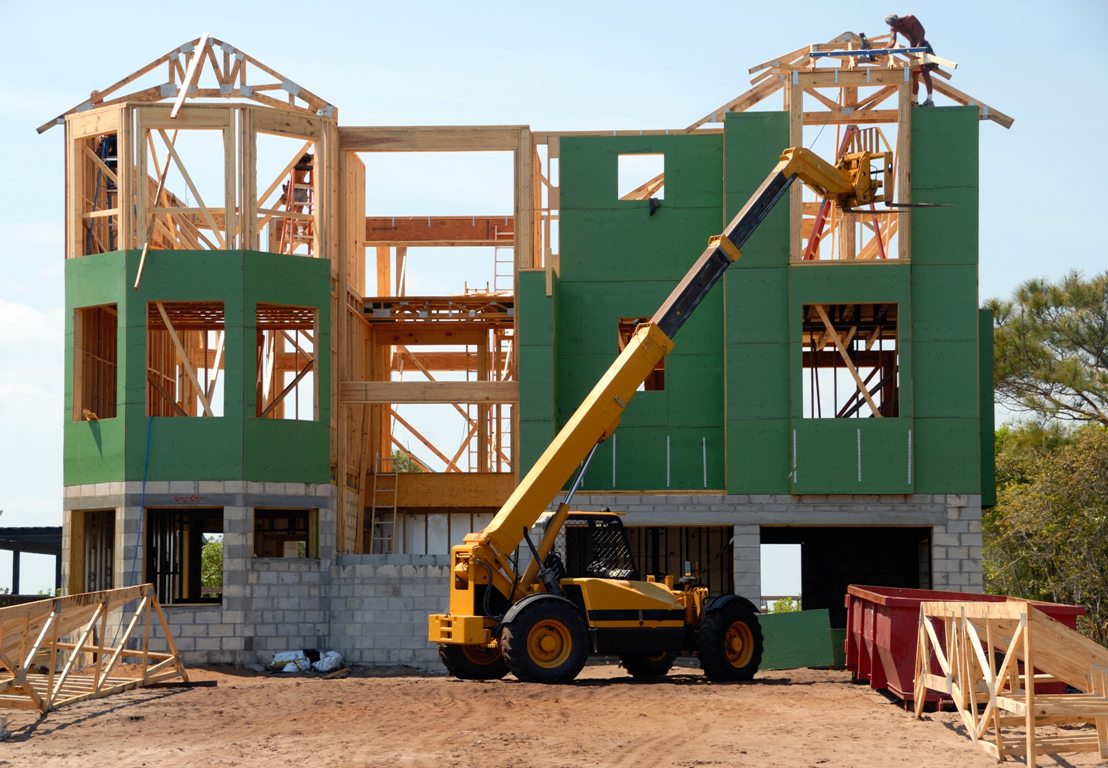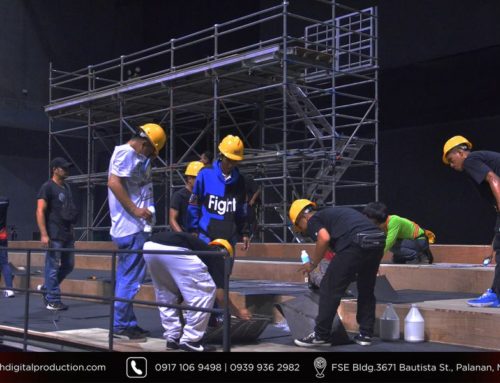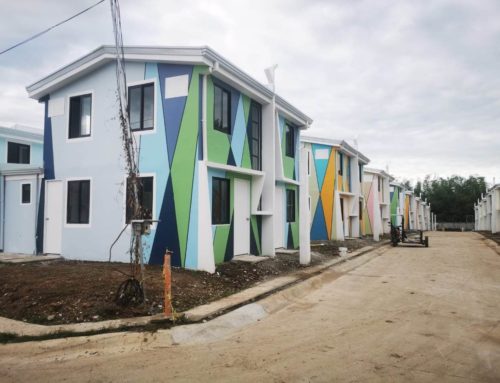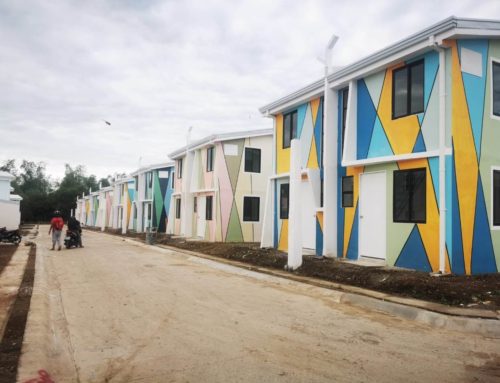Building a house is an exciting endeavor that allows you to create a space perfectly tailored to your needs and desires. However, before you embark on this journey, it is crucial to lay a solid foundation by thoroughly preparing and planning for the construction process. From ensuring legal compliance to addressing logistical and design considerations, taking the necessary steps before building a house on your empty lot will save you time, money, and potential headaches down the road.
1. Conduct a Feasibility Study
Before purchasing an empty lot with the intention of building a house, it is essential to conduct a feasibility study. This study evaluates the practicality and suitability of the lot for construction. Factors to consider include the size and shape of the lot, zoning and building regulations, soil conditions, topography, access to utilities, and potential environmental or geological risks. Hiring a professional surveyor, engineer, or architect can help assess these aspects and determine if the lot is suitable for your dream home.
2. Secure Financing
Building a house requires a significant financial investment. It is crucial to secure financing before starting the construction process. Consult with financial institutions to explore your loan options and determine your budget. Consider your financial stability, credit score, and the loan terms that align with your long-term goals. Having your financing secured in advance will streamline the construction process and provide you with a clear budget to work with.
3. Engage an Architect or Designer
Collaborating with an experienced architect or designer is vital to translate your vision into a functional and aesthetically pleasing house design. Seek professionals who specialize in residential architecture and have a portfolio that resonates with your style. Engage in thorough discussions about your requirements, preferences, and budget to ensure they can deliver a design that meets your expectations. Their expertise will not only optimize the layout and functionality of your home but also ensure compliance with local building codes.
4. Obtain Permits and Clearances
Building a house requires obtaining several permits and clearances from local authorities. Engage with the relevant government departments to understand the necessary documentation, fees, and procedures. Typical permits may include zoning permits, building permits, environmental impact assessments, and utility connections. Adhering to these regulatory requirements will ensure that your construction process is legally compliant and avoids potential complications in the future.
5. Develop a Detailed Construction Plan
A detailed construction plan is essential to streamline the building process and ensure that all aspects of your dream house are executed accurately. Work closely with your architect, designer, and contractor to create a comprehensive plan that covers the construction timeline, materials, labor requirements, and a detailed cost estimate. This plan will serve as a roadmap for the construction phase, minimizing delays and budget overruns.
6. Choose a Reliable Contractor
Selecting the right contractor is crucial to the success of your construction project. Seek recommendations from friends, family, or professionals in the industry, and thoroughly research potential contractors’ backgrounds, experience, and reputation. Request and review their portfolio to assess the quality of their previous work. Obtain detailed quotes from multiple contractors, including timelines and payment schedules, before making a final decision. A reliable contractor will manage the construction process efficiently, ensuring quality workmanship and timely completion.
7. Plan for Utility Connections
Before building your house, it is crucial to plan for utility connections. Contact utility providers to assess the availability and proximity of water, electricity, gas, and sewage connections to your lot. Determine the costs involved, the necessary permits, and the required paperwork for these connections. Timely coordination with utility providers will prevent delays during construction and ensure that your home is properly connected to essential services upon completion.
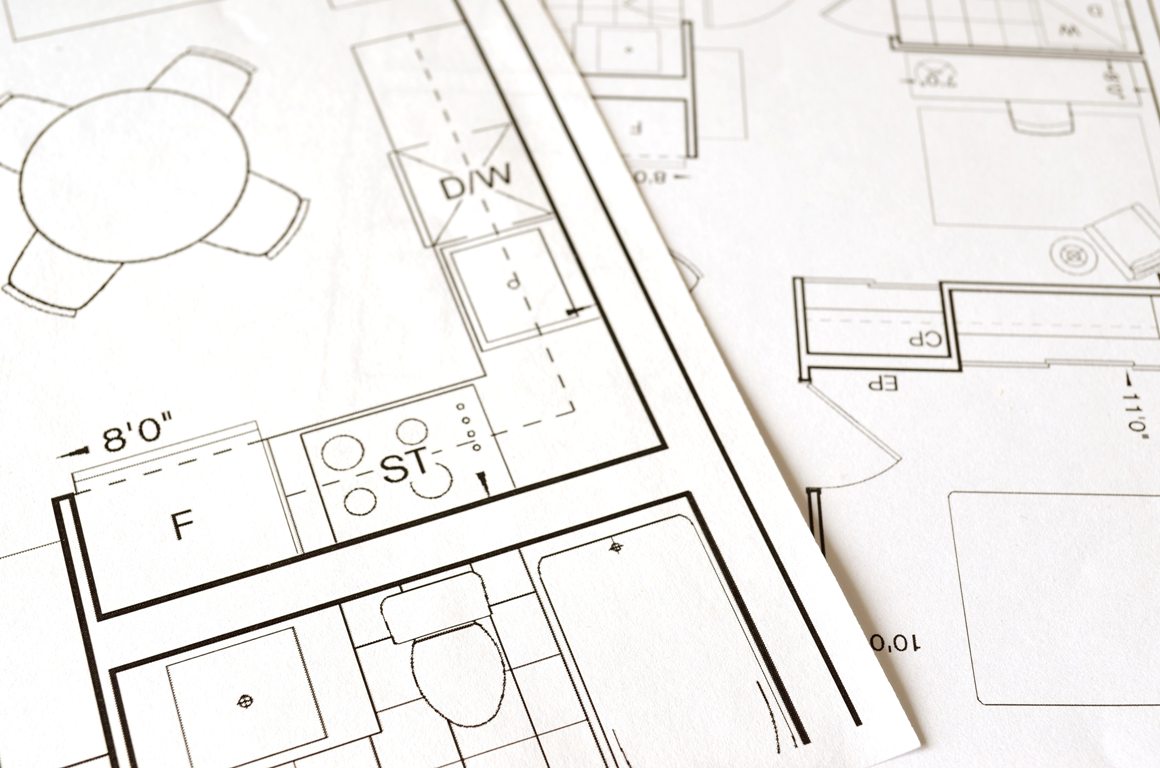
Building a house on an empty lot requires meticulous planning and preparation to ensure a successful and satisfying outcome. By conducting feasibility studies, securing financing, engaging professionals, obtaining permits, developing a detailed construction plan, choosing a reliable contractor, and planning for utility connections, you set the stage for a smooth construction process. These crucial steps will minimize setbacks, streamline the construction timeline, and help transform your empty lot into a dream home that reflects your personal style and preferences.


